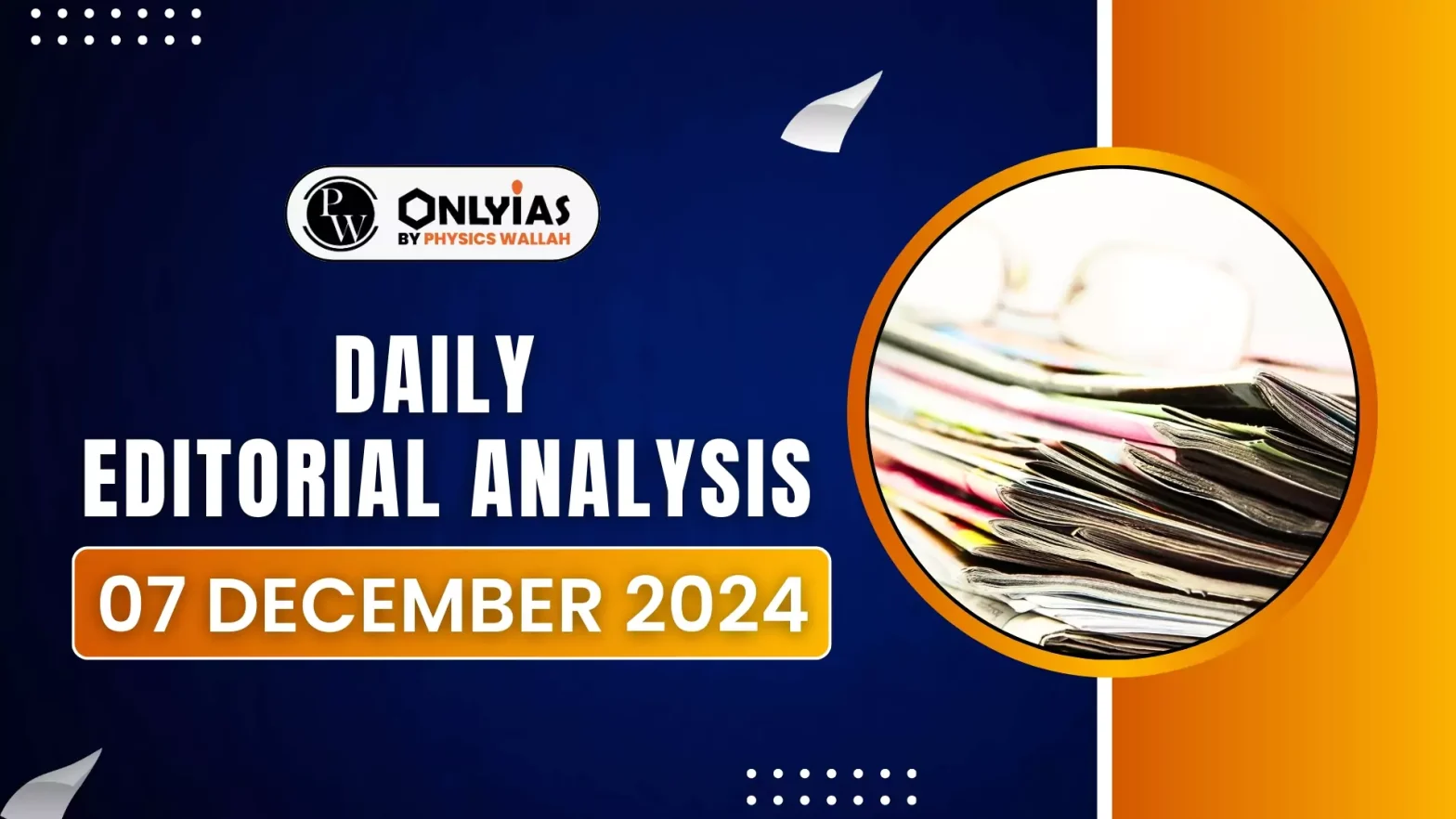India’s expanding mining industry, driven by economic growth, is vital for extracting minerals like silica. However, prolonged worker exposure to silica dust poses severe health risks, including silicosis.
| Silica, found in sand and stone and is crucial for construction projects. |
What is Silicosis?
- Silicosis is a chronic lung disease caused by inhaling fine silica particles.
- These particles lodge in the lung tissue and impair normal lung function.
- Silicosis is a severe and irreversible condition that can develop over time, regardless of age, based on the level and duration of exposure.
- The disease is especially dangerous for mine workers, with millions at risk.
Enroll now for UPSC Online Course
Prevalence of Silicosis in India
- In 1999, the Indian Council of Medical Research reported that over eight million people were at high risk of silica dust exposure.
- This number is expected to have grown over the years, as India has opened new mines and expanded existing ones.
- The expansion of the mining industry, driven by increased demand for construction materials, continues to expose workers to high levels of silica dust.
|
Steps taken
- NGT’s Intervention: On November 29, the National Green Tribunal (NGT) directed the Central Pollution Control Board to draft new guidelines for granting permissions for silica mining and washing plants.
- In addition, the Uttar Pradesh government was ordered to establish health-care facilities in areas where silica mining is prevalent.
- While these actions are a step in the right direction, immediate and effective interventions are needed.
- Legal framework: The Occupational Safety, Health and Working Conditions Code 2020 requires mine operators to notify workers about the risks of bodily harm, including the risk of silicosis.
- It also mandates that operators provide annual health check-ups to detect diseases like silicosis.
Challenges in Tacking Silicosis
- Inadequate Reporting and Diagnosis: Despite the legal requirement for operators to notify silicosis cases, they often fail to do so.
- In some cases, healthcare providers misdiagnose silicosis as tuberculosis, preventing early intervention.
- The mandatory annual health check-ups have also failed to detect many cases of silicosis, leaving workers undiagnosed and untreated.
- The NGT has noted that concerned authorities are not adequately enforcing the law, which remains a significant barrier to protecting mine workers.
- State Passivity: The lack of enforcement of existing laws is the primary obstacle to improving the health and safety of mine workers.
- Despite guidelines and legal frameworks in place, the government’s failure to act proactively has left workers vulnerable.
- Socioeconomic Conditions in Mining States: India’s mining resources are concentrated in “resource frontier” states, which often have low literacy rates, poor healthcare coverage, and a disorganized labor force.
- These states depend on mining for revenue, making it difficult for workers to demand better conditions or seek legal or medical help.
- Consequently, workers often tolerate unsafe working conditions, delaying medical intervention until the damage is irreparable.
Way Forward
- Awareness Campaigns: Increase awareness among mine workers about the risks of silica exposure and the importance of early detection of silicosis.
- Regular Health Checkups: Ensure consistent, mandatory health checkups for mine workers to detect silicosis early and prevent further damage.
- Specialized Hospitals: Establish dedicated healthcare facilities and specialized hospitals in mining regions to provide effective treatment and support.
- Training Medical Practitioners: Train healthcare providers to accurately diagnose silicosis and differentiate it from other respiratory diseases like tuberculosis.
- Strict Enforcement of Laws: Strengthen the enforcement of existing regulations, ensuring that mine operators report silicosis cases and provide workers with necessary protections, including proper ventilation and protective gear.
- Data Collection and Monitoring: Implement a robust system for tracking and reporting silicosis cases, ensuring that both the central and state governments have up-to-date information on worker health.
Check Out UPSC Modules From PW Store
| India must reconcile its climate justice stance with actions to protect workers in hazardous industries. Failing to safeguard its citizens’ health undermines its credibility and long-term development goals, highlighting the need for stronger enforcement and worker welfare policies. |
Conclusion
A comprehensive approach, including increased awareness, improved healthcare, strict enforcement of regulations, and better working conditions, is crucial to protect mine workers from silicosis. Only through coordinated action can India address this growing public health challenge effectively.
![]() 7 Dec 2024
7 Dec 2024
